
500 Million Bees Have Already Died In Brazil Within Three Months And The Future Of Our Food Is In Question
Being significant contributors to the reproduction of various plants, bees are one of the most integral pollinators in nature. According to the United Nations Food and Agriculture Organization (FAO), bees are responsible for pollinating 75% of the world’s crops. However, they are rapidly dying. Within a 3-month period, Brazil has lost over 500 million bees, leaving the future of our food in question.
It is reported that 500 million bees dying were found by beekeepers in four Brazilian states — 400 million in the Rio Grande do Sul, 7 million in São Paulo, 50 million in Santa Catarina, and 45 million in Mato Grosso do Sul.
Image credits: scrural.sc.gov.br
The data has been collected from December 2018 to February 2019.
Image credits: rostichep (not the actual photo)
The vice president of Brazil’s Rio Grande do Sul beekeeping association, Aldo Machado, told Bloomberg that within 48 hours, tens of thousands of honey bees in his colony died after falling sick. “As soon as the healthy bees began clearing the dying bees out of the hives, they became contaminated. They started dying en masse,” he said.
Image credits: hpgruesen (not an actual photo)
The researchers put blame on this devasting situation to the high increase of pesticide use. Since January Brazil has approved almost 300 new pesticides for use on crops.
Researchers have found pesticide traces, such as fipronil, in some of the flying insects. It is an insecticide that is commonly used for veterinary purposes, such as helping to get rid of fleas and ticks.
The U.S. Environmental Protection Agency classifies fipronil as a possible human carcinogen.
Image credits: skeeze ( not an actual photo)
Not only does this mean that pesticides are harmful to bees, but the effect on humans is also worrying.
Image credits: NiklasPntk (not an actual photo)
Alberto Bastos, the president of the Apiculturist Association of Brazil’s Federal District, told Bloomberg that: “The death of all these bees is a sign that we’re being poisoned.” So what are we waiting for? It’s time to save the bees and ourselves now.
Image credits: NiklasPntk (not an actual photo)
Here’s how people reacted
95Kviews
Share on FacebookI had bees all over my bee proof hummingbird feeder. I loved them. They would follow me to the car. One got in my apartment and flew straight to the light in the kitchen. I got him in a jar by him climbing on some red yarn and took him outside. Never once, even when having to reach up and refill feeder, did I get stung. Came home next day and have not seen a single bee since. Maintenance sprays. It says so in our lease. Right before the warning about the cancer causing agents in the spray they use around our home and flowers and water, pets etc. and even left the pump spray container 1/2 full full until I threw it in the trash. I can not believe how we continually rape our own planet by killing the very creatures who keep us alive.
So, between the current rainforest wildfire that Brazil claims they "cannot financially afford to deal with" and now this, the country that plays home to "the lungs of the earth" is doing a sterling job of ensuring we all cease to exist in the not too distant future. I despair.
And yet the United States government cries and weeps on and on and on for decades about “terrorism,” and how it’s a global threat, and we have to invade countries over it or the world will end because brown people MIGHT have nukes... but if the world literally burns down and all the insects die, that’s perfectly fine and we can let Brazil and anyone else destroy the actual planet as long as it isn’t because of Islam.
Load More Replies...As you can see from the statistics the problem is localized in the southern part of Brazil. Public Attorney from the state of Rio Grande do Sul has requested the suspension of the use of Fipronil in its foliar version that seems to be the cause of the bee deaths. Most possibly the product will be taken off the market.
Yeah, but where will they sell off their surplus? I doubt the manufacturer will take it back or recall it, so it’ll probably be sold to another country, and the problem won’t go away. I’m tired of living in an age of mass extinctions. (Yes, I know species go extinct all the time, and always have, but we’re at a point when critical species are becoming endangered, so this is frighteningly different.)
Load More Replies...I had bees all over my bee proof hummingbird feeder. I loved them. They would follow me to the car. One got in my apartment and flew straight to the light in the kitchen. I got him in a jar by him climbing on some red yarn and took him outside. Never once, even when having to reach up and refill feeder, did I get stung. Came home next day and have not seen a single bee since. Maintenance sprays. It says so in our lease. Right before the warning about the cancer causing agents in the spray they use around our home and flowers and water, pets etc. and even left the pump spray container 1/2 full full until I threw it in the trash. I can not believe how we continually rape our own planet by killing the very creatures who keep us alive.
So, between the current rainforest wildfire that Brazil claims they "cannot financially afford to deal with" and now this, the country that plays home to "the lungs of the earth" is doing a sterling job of ensuring we all cease to exist in the not too distant future. I despair.
And yet the United States government cries and weeps on and on and on for decades about “terrorism,” and how it’s a global threat, and we have to invade countries over it or the world will end because brown people MIGHT have nukes... but if the world literally burns down and all the insects die, that’s perfectly fine and we can let Brazil and anyone else destroy the actual planet as long as it isn’t because of Islam.
Load More Replies...As you can see from the statistics the problem is localized in the southern part of Brazil. Public Attorney from the state of Rio Grande do Sul has requested the suspension of the use of Fipronil in its foliar version that seems to be the cause of the bee deaths. Most possibly the product will be taken off the market.
Yeah, but where will they sell off their surplus? I doubt the manufacturer will take it back or recall it, so it’ll probably be sold to another country, and the problem won’t go away. I’m tired of living in an age of mass extinctions. (Yes, I know species go extinct all the time, and always have, but we’re at a point when critical species are becoming endangered, so this is frighteningly different.)
Load More Replies...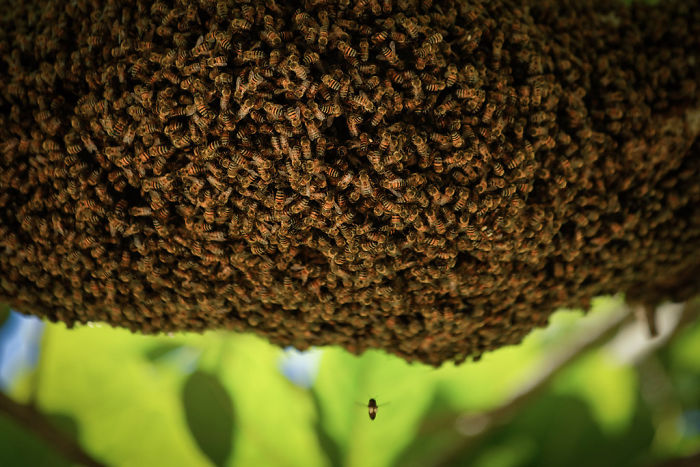
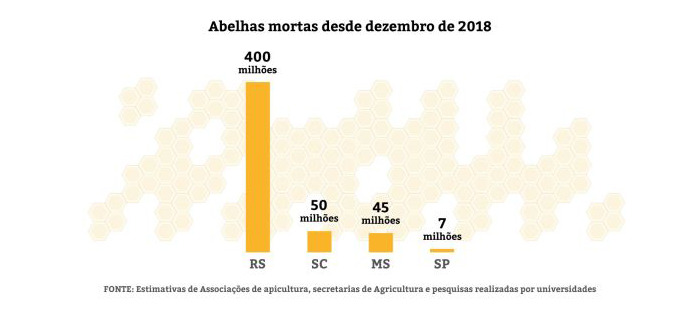
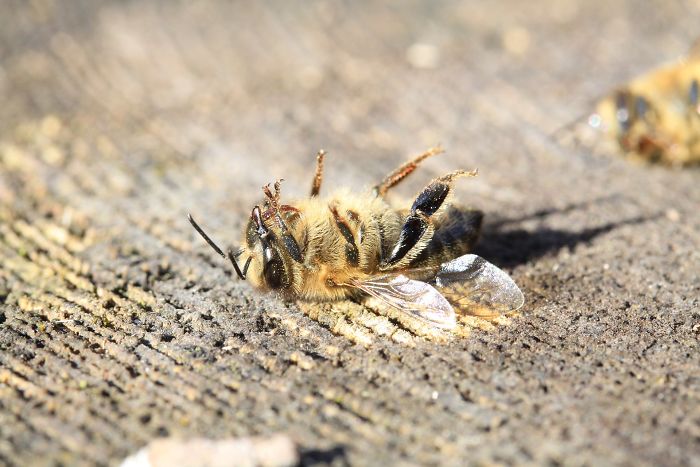
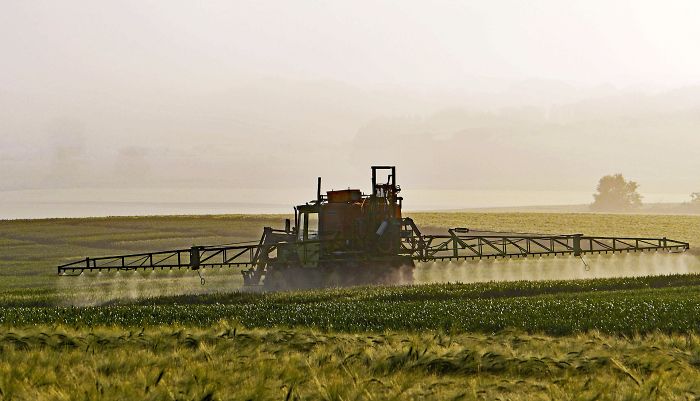
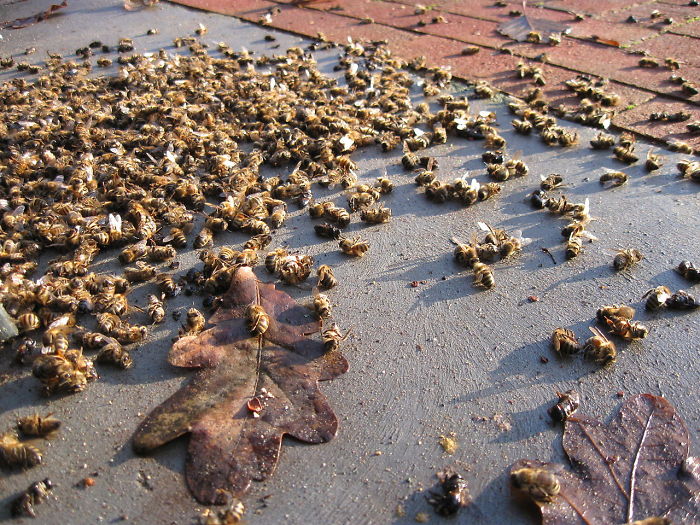
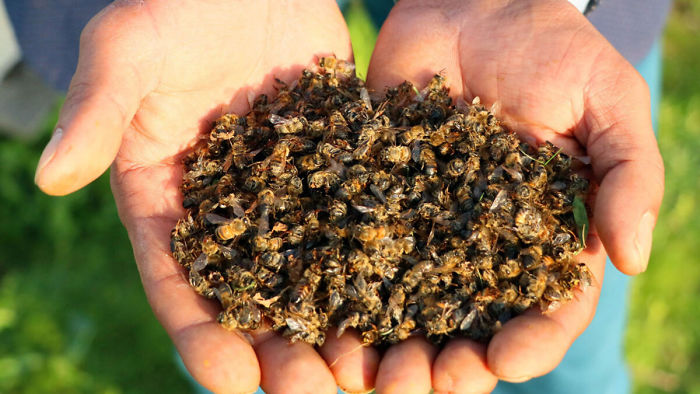
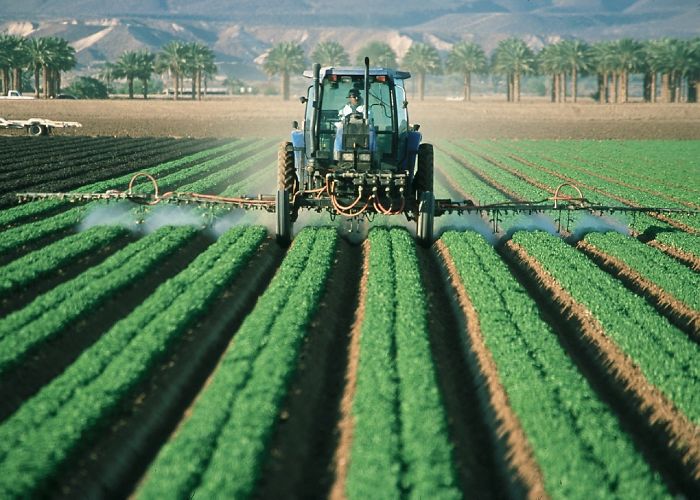
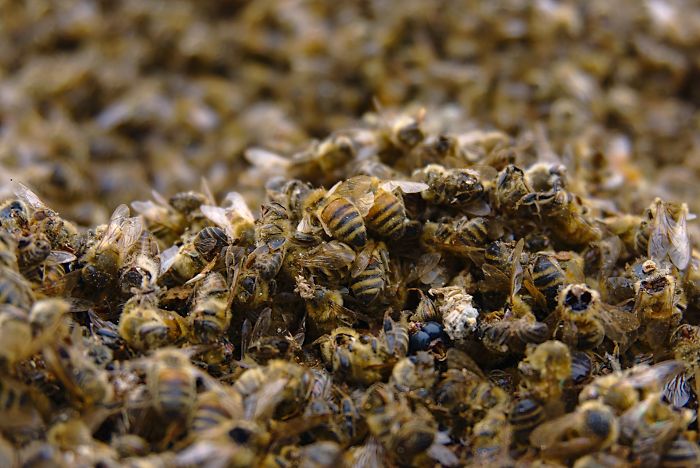
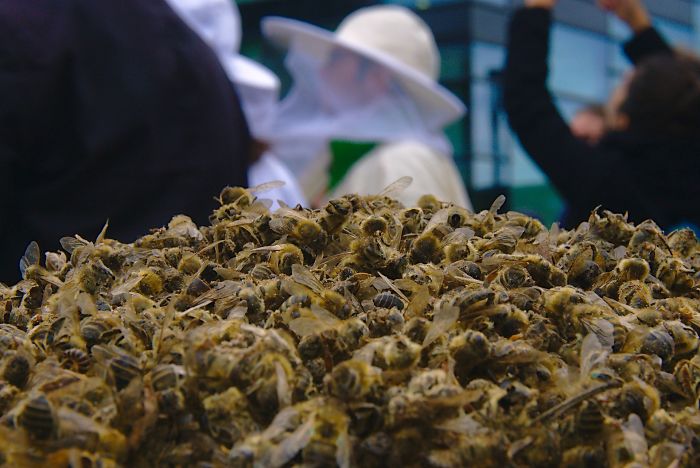





















266
131